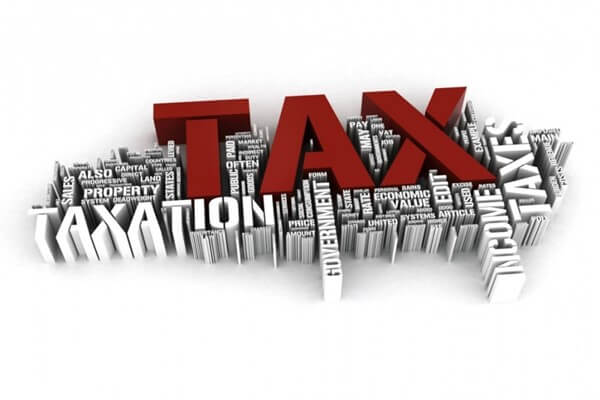Some tax experts are calling on the Ghana Revenue Authority (GRA) to review the GH¢20,000 annual turnover threshold for the 3% flat tax rate under the new Modified Taxation Scheme, which took effect on July 1, 2025. They argue that the current threshold is too low and could unfairly burden micro-enterprises.
The Modified Taxation Scheme, which targets informal sector workers, categorizes businesses based on annual income and applies different tax regimes accordingly.
Under the current structure, businesses earning between GH¢20,000 and GH¢500,000 are required to pay a flat tax of 3% on their total annual sales.
Tax analyst Francis Timore Boi acknowledged the importance of the new policy in expanding the country’s tax base but maintained that the GH¢20,000 threshold should be adjusted upwards.
He explained that taxing very small businesses at this level could discourage compliance and hurt the growth of micro-enterprises.
“The threshold of GH¢20,000 is quite low. It should be increased slightly to exempt very small businesses. Imagine 3% of GH¢20,000, that’s just GH¢600 for the entire year. That’s very little. A higher threshold would make more sense,” he said.
Despite this, Mr. Timore Boi expressed support for the broader goals of the scheme. He noted that a more inclusive tax system could help reduce the overall tax burden by allowing rates to drop once more people are brought into the net.
“If we’re able to broaden the tax base, you’ll see that the current tax rates can actually come down. The reason government keeps introducing higher rates and consumption taxes is because too few people are in the tax net.”
He also expressed concern about the timing of the policy’s rollout. With only six months left in the year, many businesses, especially those new to taxation may struggle to adjust.
“We have just six months left in the year, and it seems there hasn’t been enough sensitization. Initially, we’re likely to see resistance from small businesses, especially since many of them are being taxed for the first time,” he said.
Mr. Timore Boi recommended that such tax policies be introduced at the beginning of the calendar year to give businesses adequate time to prepare.
He also emphasized the importance of sustained public education to ensure compliance and understanding.
He said “more sensitization is key. Ideally, implementation should begin in January to give government a full year to collect revenue and give businesses time to adapt. Still, it’s better late than never. If executed well, this scheme could significantly broaden the tax base and, over time, reduce rates on other tax categories.”
Under the Modified Taxation Scheme, businesses are grouped as follows: those earning below GH¢20,000 annually will pay a fixed quarterly tax of up to GH¢45; those earning between GH¢20,000 and GH¢500,000 will pay the 3% flat rate; and those earning above GH¢500,000 will be taxed using graduated rates, with deductions allowed for expenses.
Business owners can register at any GRA office or via the GRA mobile app. Payments can be made using mobile money, USSD code *222#, or at designated banks.
While the policy has stirred some debate, analysts agree that its success will depend largely on its implementation and the level of public engagement that accompanies it.
Source: thehighstreetjournal


